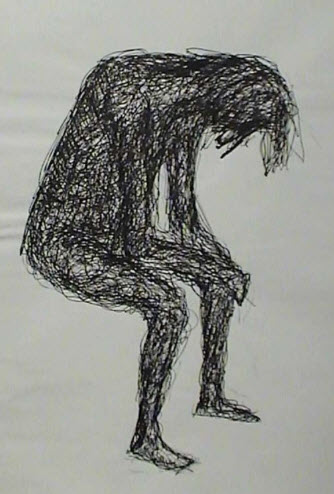
Detox, also known as detoxification or withdrawal, occurs when one abruptly stops or reduces heavy, long-term use of alcohol or drugs. Detox happens when toxic substances leave the body over hours, days, or weeks, and may include a variety of non-life-threatening symptoms, such as distress or discomfort. But, sometimes detox can turn deadly.
In the case of opioids, benzodiazapines, and alcohol, detox can cause serious complications and even death. Most people are not aware of the dangers of detoxing off off these addictive substances, nor the importance of seeking medical care during the withdrawal process. Here are the facts:
Opioid & Benzodiazapine Detox
When use of opioids or benzodiazapines (also known as benzos) are abruptly stopped, especially after long-term or heavy use, withdrawal symptoms can be mild, moderate, severe, or deadly. Mild withdrawal may include anxiety and irritability, trouble sleeping, muscle tension, and restlessness. Moderate, less common, symptoms include sweating/malaise, nightmares, blurred vision, muscle spasms/twitching or tremors, ringing ears, nausea, and depression.
In severe cases of withdrawal, delusions, seizures, and hallucinations can occur, each of which can be life-threatening. Medical intervention is critical during severe withdrawal and may necessitate physician-directed medications to keep the detox process from turning deadly.
Alcohol Detox
Many individuals can detox from alcohol without life-threatening complications. They may encounter anxiety/nervousness, depression, fatigue, mood swings, irritability, shakiness, nightmares, headaches, clammy skin, nausea/vomiting, or tremor of the hands or other body parts.
However, a severe, and sometimes deadly, form of alcohol withdrawal called delirium tremens, or DTs, can cause severe and sudden nervous or mental system changes. DTs can occur when one stops drinking after a long period of heavy alcohol use. Symptoms of DTs may include some or all of the following: Body tremors, hallucinations, deep sleep lasting one day or longer, changes in mental function, severe disorientation or confusion, delirium, sensitivity to touch, sound, and light, convulsions, and seizures. Most often, symptoms occur within two to four days after the last drink, but in some cases, these can occur up to seven to ten days later. Because symptoms can escalate quickly, it is crucial to seek prompt medical detox and treatment. Without such care, delirium tremens can cause death.
What to do
If someone you or someone you know is struggling with alcohol or drugs, and are ready to get help, Houston has many resources available, including detox facilities, inpatient/residential rehab, intensive outpatient treatment programs, counseling, and many Twelve Step groups. The Council on Recovery is often the starting place for people seeking outpatient rehab and counseling, as well as help for family members. Call 713.942.4100 or contact us online.
